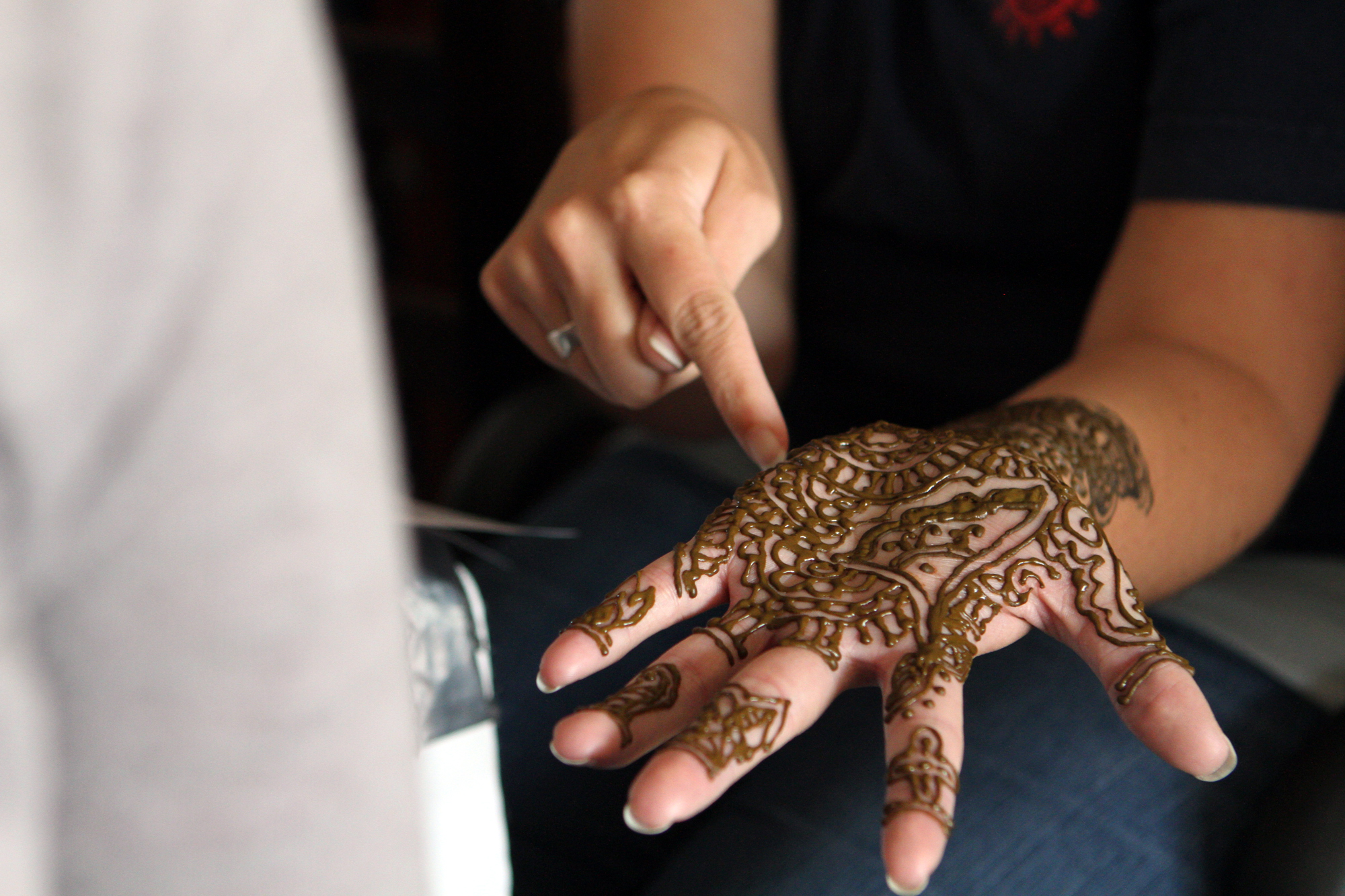
SOUTHERN AFRICA (BP) — When 24-year-old Jordan Smyth signed up for a mission trip to a bustling urban center in Africa, the last thing he expected was to spend a week listening while others explained their own beliefs. And he definitely didn’t expect to be on the receiving end of so much hospitality, service and love.
But that’s just part of what happens when ministering to Muslims.
“You usually go on trips expecting to make a difference,” Smyth said. “I came here kind of prideful, but I became a learner.”
Smyth was one of seven Southern Baptist students from the United States who partnered with Christian workers Sean and Amanda Barnes* and Cheryl Thompson* during a mission project in southern Africa in late July. The students joined the workers in learning and listening to Muslims from southern Asia and East Africa who, for one reason or another, have made their homes in southern Africa.
“My goal for this team is for them to be able to get over that fear [of Muslims] and to be able to produce in them a heart for Muslims,” Sean Barnes said.
“God wants them to have a heart … that has a desire to share with Muslims,” Barnes said, “and to have new eyes, so that when they see a Muslim they say, ‘Hey, I’ve got a connection there and I have a heart there, and I’m going to seek that person out and engage that person and love that person.'”
As Smyth began building relationships among the people, he began to see an aspect of Muslims he wasn’t seeing on the news — their kindness and hospitality.
The American students engaged Muslims as they walked their streets, entered their shops, ate at their restaurants and were invited into their homes. Each student admitted a change in perception of the people they were coming to know, with fear floating away during the week in the steam of a warm cup of tea or a bubbling plate of curry served up hot at the hospitable homes where they were welcomed.
“When we spend time with Muslims, we break the stereotype that they have of Americans,” Amanda Barnes said. “And they break the stereotype we have of Muslims.”
The Barneses and Thompson seek to spend time in intentional discussion — exchanging their stories with Muslims and asking questions in a ministry of listening, sipping tea over stories of faraway cultures and countries, listening to other languages, other ways of thinking, other ideas of God. Amanda and Cheryl have even engaged Muslims at a neighborhood mosque — an activity they also introduced to the students.
“[It] gives us an opportunity to form relationships where we’re not superior to anyone else, we’re not above anyone else, we don’t know all the answers,” Sean said. “But we allow them to come alongside us and give us their answers…. When you have to ask for help it humbles you, and God honors that. He honors a humble spirit and a humble heart.”
So that’s how the students entered the mosque, the young women visibly out of their comfort zones as they kept their eyes to the ground, uncomfortable in their headscarves and skirts and quiet from behind the curtain that kept them separated from the men on the other side. But before long, they were bursting with questions for their newfound friends — the Muslim women who were equally as eager to find out what a group of Christians would be doing with them, dressed as they were and wanting to know more about their religion.
“The answer is simple and it’s true that as followers of Christ, Christ calls us to love people,” Sean said. “And we can’t love someone we don’t know, and we can’t love someone we don’t understand. If there’s any debt that we as Christians owe, it’s a debt of love — love to men and love to God.”
After spending a morning among the Muslim scholars in the mosque, listening to tales of adherents who’ve memorized — cover to cover — the Quran, students said they were inspired as they saw that effective Gospel planting includes not only understanding others, but understanding their own beliefs as well.
“Seeing how much [Muslims] know about their religion makes me want to know more about mine,” said student Megan Turner, who said she plans to begin seminary this year.
One night, Amanda and Cheryl took the girls to a henna party they helped host for their Muslim friends. Henna is an ancient Asian art in which a thin paste is used to draw designs on the hands and feet, temporarily dyeing the skin an orange-brown color. Traditionally, the designs are simply beautiful swirls or shapes that don’t convey meaning. However, the designs that night included symbols to scrawl out Old Testament stories familiar to both faiths — stories that could easily point to the Gospel.
“The more we understand what [Muslims] believe and why they believe it, the more it helps us to find bridges to how we can lead them to Christ,” Amanda said. “Understanding helps us love them more, have compassion on them more and lead them to Jesus.”
–30–
*Names changed. Marie Beaufain served as an intern for the International Mission Board’s global communication team. For more information on how to reach Muslim neighbors with Christ’s love, visit www.lovingmuslims.com, where resources are available for use with the 10th anniversary of the 9/11 attacks this September. Connect by liking LovingMuslims.com on Facebook and following @Loving_Muslims on Twitter.

















